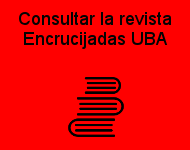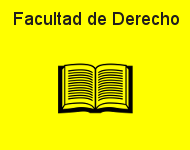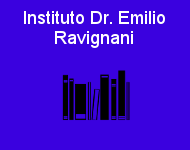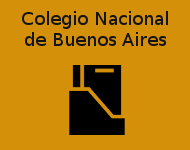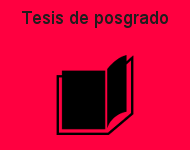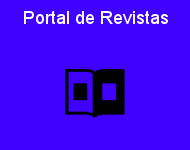En:
Beckettiana; Núm. 15 (2016); 7-19
Editor:
Oficina de publicaciones. Facultad de Filosofía y Letras. Universidad de Buenos Aires
Tipo de documento:
info:eu-repo/semantics/article
info:eu-repo/semantics/publishedVersion
info:eu-repo/semantics/publishedVersion
Formato:
application/pdf |
Idioma:
spa
Temas:
Samuel Beckett
Temas 2:
Juan Rodolfo Wilcock
Contenido:
This work is focused on the comparison between Samuel Beckett and Juan Rodolfo Wilcock. Even though they have different literary style, the two writers share various aspects; for this reason, this kind of intellectual contact could be considered like an emblem of a literary and aestethic tension, that is the key to understand the centre of their work. Throughout his intellectual experience, Wilcock has been connected many times to Beckett’s literature, for example he translated Poems in English into Italian. The translation subject gives us the opportunity to watch, from a special point of view, the writers work in close relation with the language. The first step is going to be the analysis of a Beckett’s poem, through Wilcock’s translation thanks to his preface. After that, the second step is going to be the comparasion with a Wilcock’s poem translated by himself into Italian; in fact, those verses will be considered other examples of re-writing. Highlighting the linguistic strategy of Beckett, the Argentinian afirms that - even if he seems to accept the failure of human communication - there will be always a communicative aim in his writing. In closing, I’m looking into the idea of “minor literature” developed by Deleuze and Guattari; this idea explains the research of the word, the movement between the languages and the revolutionary feature of those authors, the two presented examples are Not I by Beckett and The engineer (L’ingegnere) by Wilcock.
Contenido 2:
Este trabajo tiene como objetivo poner en relación la figura literaria de Samuel Beckett con la del escritor Juan Rodolfo Wilcock. Ambos, a pesar de la adopción de estilos literarios diferentes, se encuentran en algunos puntos de conjunción, generando un contacto, emblema de una intensa inquietud estético-literaria, clave imprescindible para entender el centro de sus obras. El nombre de Beckett, en muchas ocasiones, cruza el camino literario de Wilcock, y su trabajo como traductor lo lleva a traducir Poems in English al italiano. El tema de la traducción nos permitirá acercarnos al trabajo hacia la lengua de los dos autores. En un primer momento, se analizará el trabajo de reescritura poética de Beckett a través del ojo de Wilcock, traductor, tomando como referencia su prefacio incluido en la edición italiana. Luego compararemos un poema en lengua española de Wilcock traducido al italiano por sí mismo; entonces esos versos serán considerados otros ejemplos de trabajo de reescritura. Lo que el argentino afirma, presentando la estrategia estilística de Beckett, es que, si bien el autor parecería aceptar el fracaso con respecto a la comunicación entre los individuos, se puede encontrar siempre un intento comunicativo en la escritura del irlandés. En conclusión, vamos a completar el comentario sobre esta relación utilizando el concepto de “literatura menor” elaborado por Deleuze y Guattari, que explica la búsqueda de la palabra, el movimiento entre los idiomas y el rasgo revolucionario de esos autores. Los dos ejemplos propuestos son por Beckett Not I y El ingeniero (L’ingegnere) por Wilcock.
Identificador(es):
http://revistascientificas.filo.uba.ar/index.php/Beckettiana/article/view/7580
ISSN 0327-7550
ISSN 0327-7550
Derechos:
info:eu-repo/semantics/openAccess
http://creativecommons.org/licenses/by-nc-nd/2.5/ar/
http://creativecommons.org/licenses/by-nc-nd/2.5/ar/
Descargar texto:  7580.oai
7580.oai
 7580.oai
7580.oai Cita bibliográfica:
Cappa, Natascia (2016-07-15). Samuel Beckett and Juan Rodolfo Wilcock: between translation and minor literature. (info:eu-repo/semantics/article). En: Beckettiana; Núm. 15 (2016); 7-19. Oficina de publicaciones. Facultad de Filosofía y Letras. Universidad de Buenos Aires [consultado: ] Disponible en el Repositorio Digital Institucional de la Universidad de Buenos Aires: <http://revistascientificas.filo.uba.ar/index.php/Beckettiana/article/view/7580>


